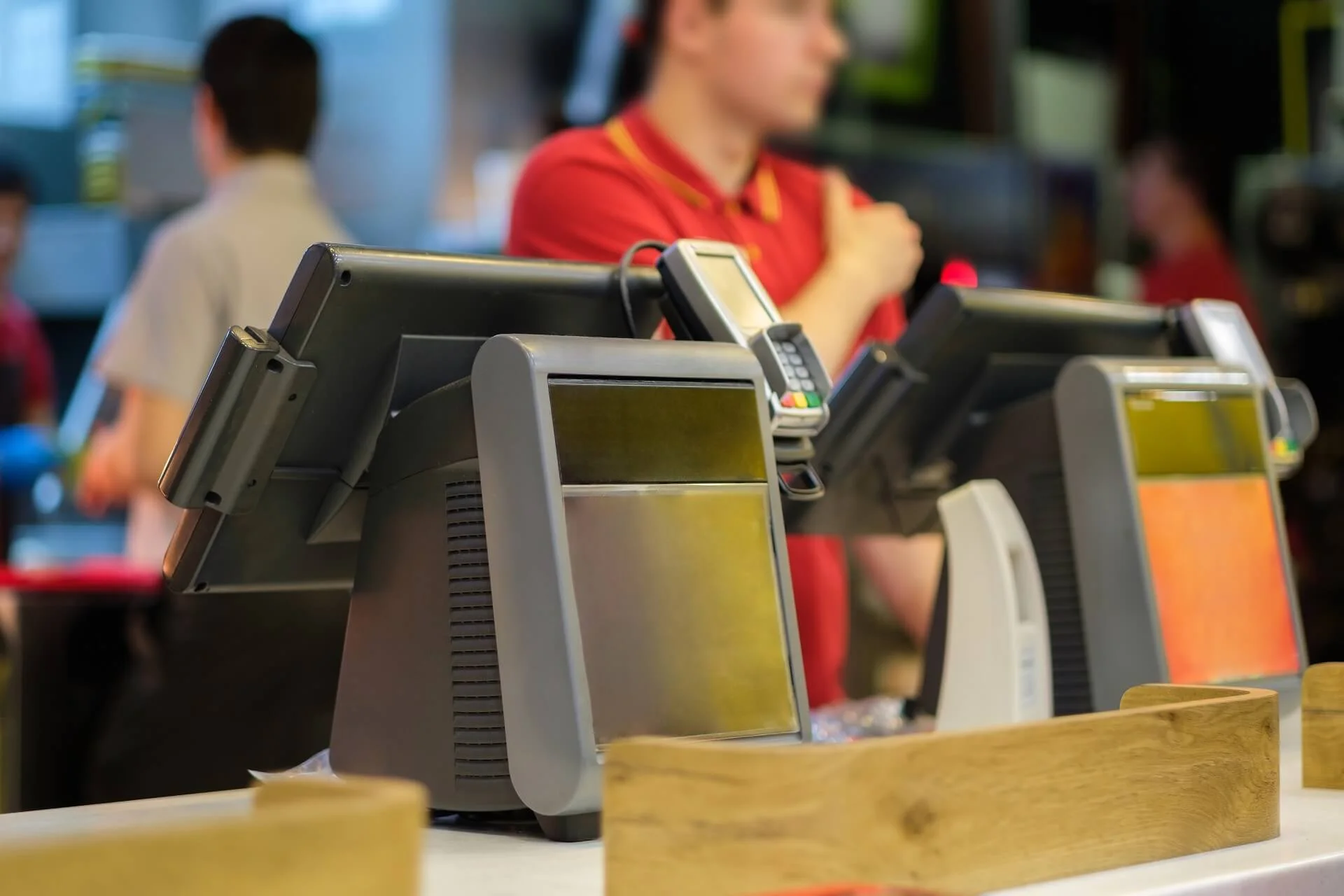POS Systems for Bookstores: Managing Inventory and Sales

Running a bookstore is no easy task. Between managing inventory, processing sales, and creating an engaging customer experience, bookstore owners have a lot on their plate. This is where a Point of Sale (POS) system can become an invaluable asset. A modern POS system designed specifically for bookstores streamlines inventory management, simplifies sales tracking, and enhances the overall shopping experience. Here’s how POS systems can transform the operations of bookstores.
Why Bookstores Need a POS System
Unlike other retail businesses, bookstores face unique challenges, such as managing large, diverse inventories, keeping up with rapidly changing trends, and catering to customers with niche preferences. These complexities demand a system that is both robust and versatile. A POS system tailored for bookstores provides the tools necessary to manage these challenges effectively, enabling business owners to focus on growing their store rather than getting bogged down by administrative tasks.
1. Efficient Inventory Management
Inventory management is one of the most critical aspects of running a bookstore. With thousands of titles to manage—ranging from new releases to timeless classics—it’s easy for errors to creep in when tracking stock manually.
A POS system simplifies this by offering real-time inventory tracking. Every sale automatically updates the inventory count, ensuring that stock levels are accurate. Many systems also allow you to categorize books by genre, author, publisher, or ISBN, making it easier to organize and locate items.
Additionally, POS systems can alert you when stock levels are running low or when certain titles are out of stock, enabling timely reorders. This ensures that popular books are always available, preventing lost sales due to stockouts.
2. Simplified Sales Tracking
Tracking sales manually is time-consuming and prone to errors. A POS system automates this process, capturing every transaction and storing it in a centralized database. This makes it easy to monitor daily, weekly, and monthly sales trends.
For bookstores, knowing what’s selling well is crucial. For example, during a holiday season, a POS system can help you identify bestsellers and adjust your marketing or ordering strategies accordingly. Conversely, it can also highlight slow-moving inventory, allowing you to plan discounts or promotions to clear space for new arrivals.
3. Streamlined Checkout Process
A smooth checkout experience is vital for customer satisfaction. Long lines and slow transactions can frustrate customers and deter repeat visits.
POS systems speed up the checkout process by scanning barcodes, calculating totals, and accepting multiple payment methods, including cash, credit cards, mobile payments, and gift cards. Many POS systems also allow you to issue digital receipts, which is not only eco-friendly but also appreciated by tech-savvy customers.
Some advanced POS systems for bookstores even support pre-orders and special orders. For example, if a customer requests a book that’s currently out of stock, the system can process the order and notify the customer when the book arrives.
4. Better Customer Relationship Management (CRM)
Building a loyal customer base is essential for bookstores, especially in an age where online competitors dominate. A POS system with CRM features can help you create and maintain meaningful relationships with your customers.
For instance, you can use the system to store customer purchase histories and preferences. This data allows you to recommend books tailored to their interests, creating a personalized shopping experience. Additionally, many POS systems integrate with loyalty programs, enabling you to reward frequent customers with discounts, points, or exclusive offers.
5. Integration with E-Commerce
In today’s digital age, having an online presence is crucial for any bookstore. A POS system that integrates with an e-commerce platform allows you to manage online and in-store sales seamlessly.
For example, the inventory system can sync in real-time across both channels, ensuring that online stock levels reflect in-store availability. This prevents overselling and improves customer trust. You can also track sales performance across different channels, helping you identify which books perform better online versus in-store.
6. Detailed Reporting and Analytics
Understanding your business’s performance is key to long-term success. A POS system generates detailed reports on sales, inventory, and customer behavior, providing insights that help you make data-driven decisions.
For instance, you can identify peak sales periods, track the performance of promotions, and determine which genres or authors are most popular among your customers. This data enables you to tailor your inventory and marketing strategies to meet demand effectively.
7. Employee Management
Bookstores with a team of employees can benefit from the employee management features of a POS system. These systems can track sales by staff member, helping you identify top performers and provide targeted training for others.
Additionally, POS systems can manage employee schedules and permissions, ensuring that staff members have the right access levels for their roles.
Conclusion
For bookstores, a POS system is not just a tool; it’s a strategic investment that enhances operations, boosts sales, and improves customer satisfaction. From managing complex inventories to providing insights through detailed reporting, a POS system simplifies the many challenges bookstore owners face.
Whether you’re running a small independent shop or a chain of bookstores, adopting a modern POS system can help your business stay competitive in an evolving market. With the right system in place, you can focus on what matters most—sharing the love of reading with your customers.
Visit our site at www.dibtech.com.au
Visit our YouTube channel for tutorials Dibtech






